

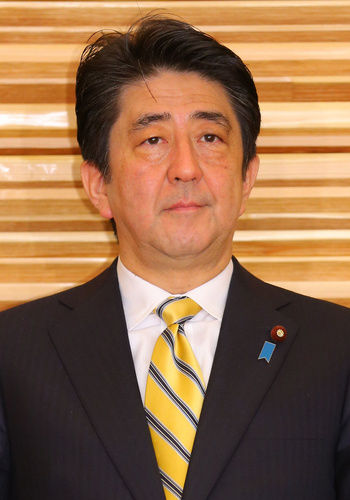 |
TOKYO, Aug. 14 -- Japanese Prime Minister Shinzo Abe will issue a statement to mark the 70th anniversary of the end of World War Two later on Friday, with focuses on whether the leader could atone for Japan's dark past through offering an apology to victims of its wartime atrocities.
The statement is expected to be approved by the cabinet around 5 p.m. local time and will be released by Abe during a press conference about one hour later, according to Japan's Kyodo News.
The international community, especially neighbors China and South Korea, is closely watching Abe that whether he will clearly admit Japan's aggression and colonial rule before and during WWII and apologize and feel remorse for its wrongdoings, just like what his predecessor Tomiichi Murayama did two decades ago.
The former prime minister said in his landmark statement in 1995 marking the 50th anniversary of the WWII end that following a "mistaken national policy," Japan, "through its colonial rule and aggression, caused tremendous damage and suffering to the people of many countries, particularly to those of Asian nations."
Abe has reiterated that he will follow the Murayama Statement as a whole, but also stressed that it is unnecessary to repeat what the former leader said. He said he will focus on Japan's development in the postwar era and draw a blueprint of Japan's future role in the international community in his statement.
Japan's relations with China and South Korea are strained for long time for territorial disputes and historical issues of the Yasukuni Shrine visits by Japanese leaders and lawmakers, "comfort women" and efforts by the right-wing forces here to whitewash or deny Japan's past barbarities.
In late 2013, Abe, who is widely seen as a historical revisionist, visited the Yasukuni which enshrined 14 Japanese convicted war criminals during WWII among other Japanese war dead. The culprits of Japan's wartime aggression are considered as the country's founding father or "gods" in the shrine.
The prime minister also does not prevent his cabinet ministers from paying homage to the notorious shrine that is seen as the symbol of Japan's past militarism.
Former Prime Minister Junichiro Koizumi, who followed the Murayama Statement in his script marking the 60th anniversary of the WWII end, repeatedly visited the shrine, irking the two neighboring countries and freezing China-Japan ties for years.
It is notable that the occasion of the 70th anniversary of the war end is thought to be an perfect opportunity for Japan to step forward to seek full reconciliation with China and South Korea over the decade-old historical issues, and the matter is that whether Japan could walk its words, if Abe directly apologized for the country's past wrongdoings in his upcoming statement.
On Wednesday, UN Secretary General Ban Ki-moon called on Japan to reflect on its war history in order to move forward, according to Ban's spokesperson at a briefing at the UN headquarters Wednesday.
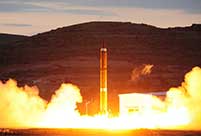 Striking moments when strategic missiles are launched
Striking moments when strategic missiles are launched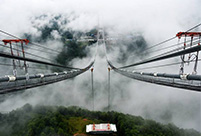 Construction on Asia’s biggest suspension bridge started
Construction on Asia’s biggest suspension bridge started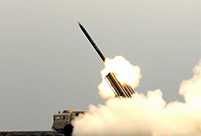 Impressive firing of China’s rocket artillery system
Impressive firing of China’s rocket artillery system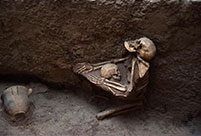 Shocking scenes found in 4000-year-old earthquake relic
Shocking scenes found in 4000-year-old earthquake relic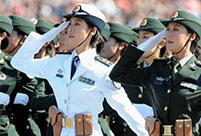 Female soldiers add color to military parades
Female soldiers add color to military parades Mums stage breastfeeding flash mob
Mums stage breastfeeding flash mob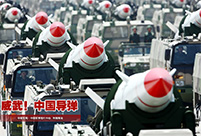 Awesome Chinese missiles
Awesome Chinese missiles Official shot having sex with two college girls
Official shot having sex with two college girls Moscow “spider-man” climbs Chinese skyscraper
Moscow “spider-man” climbs Chinese skyscraper Keeping cool in ancient China
Keeping cool in ancient China Tianjin explosion: Latest updates
Tianjin explosion: Latest updates Hyping threat of yuan devaluation absurd
Hyping threat of yuan devaluation absurd Warehouse explodes near Tianjin’s port, 44 killed, over 400 injured
Warehouse explodes near Tianjin’s port, 44 killed, over 400 injuredDay|Week